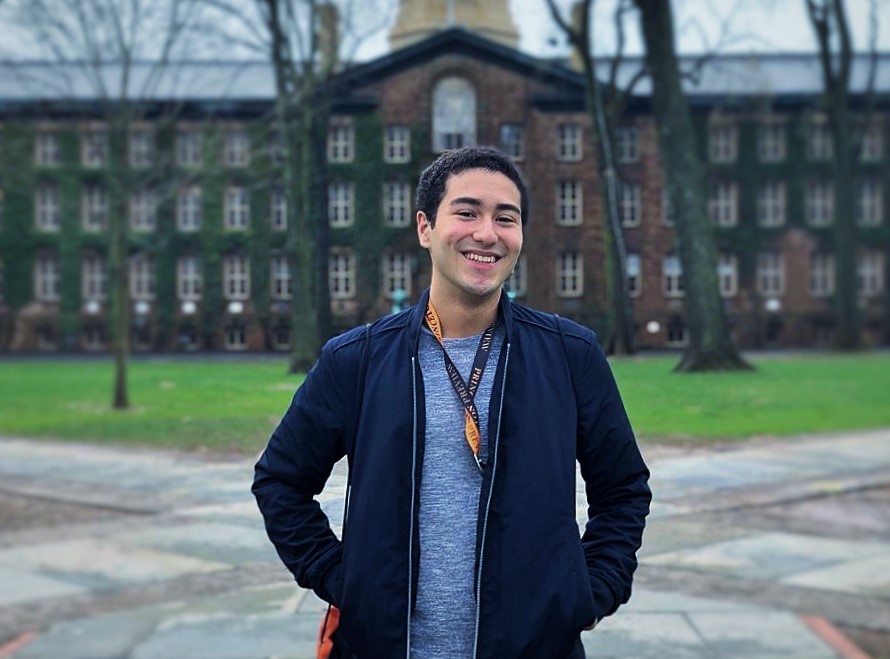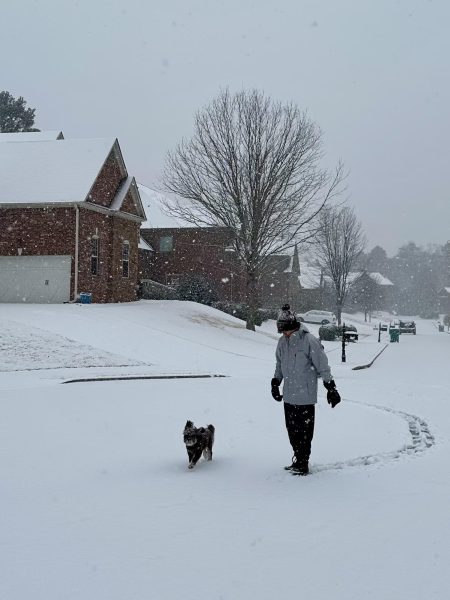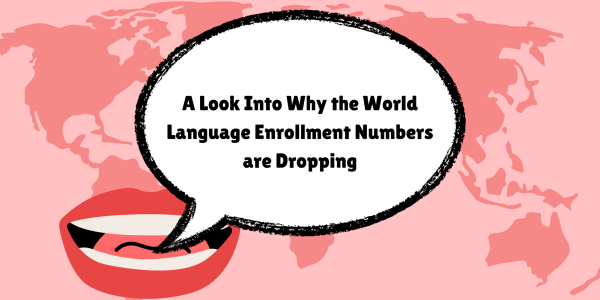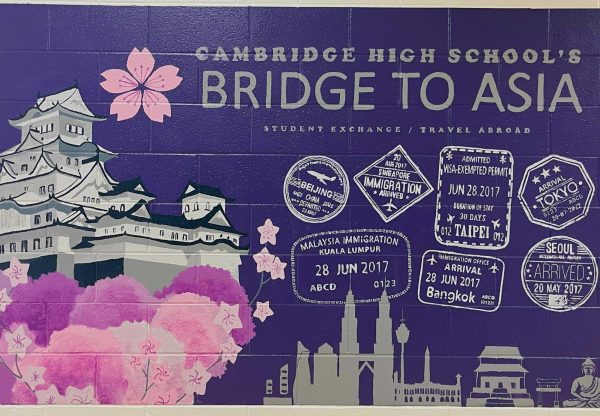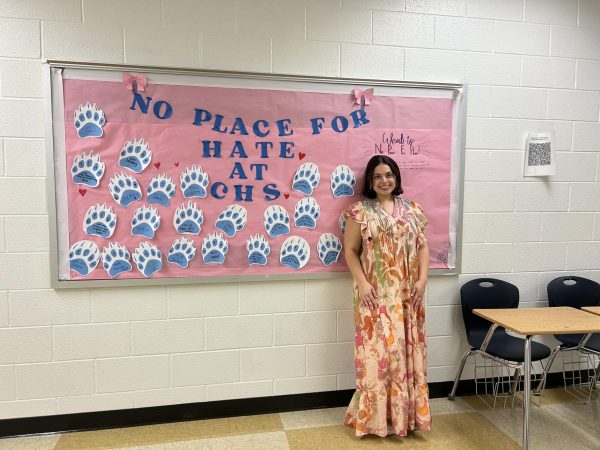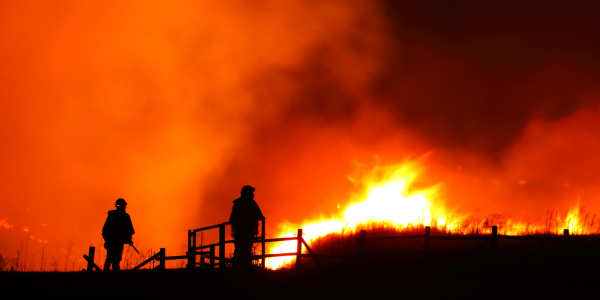How One Bear Made it to Every Ivy League University
For high school students all over the country, a prized acceptance letter into an esteemed Ivy League school is nothing but a distant dream.
However, for senior Alejandro Becerra, that dream has become a reality.
Several times, in fact.
Becerra was accepted to all eight Ivy League schools, which includes distinguished names like Harvard, Yale and Princeton.
He also submitted applications to 10 other schools, and was accepted into 17 out of the total 18 he applied to.
The only school he was not accepted to was the University of Chicago.
While most students shy away from applying to so many schools, Becerra was compelled to apply by each one’s unique qualities.
“There’s something about each program I love,” he said. “Each school has something another school doesn’t have.”
Becerra applied to most of the schools as a chemical engineering or chemistry major. Although it was not his first choice of profession, his newfound passion for it led him to pursue a career in the field.
“I never thought it was something I want to do,” he said.
The first school he applied to, Yale, granted him early admission in December.
“That was just an incredible day. I didn’t know whether I was going to get in or not,” he said.
Despite applying for regular admission at Vanderbilt, Emory, Columbia and Cornell, the schools contacted him early to notify him of his acceptance, as well.
The real surprise came, though, on March 28: the day when all Ivy League schools released their acceptances, dubbed “Ivy Day.”
Upon finding out he made it into almost every single school he had applied to, and that he was accepted to all eight Ivies, Becerra felt incredibly grateful.
“I think, honestly, [my reaction] was gratitude because not every student has these kinds of options,” he said.
He is also receiving financial aid from many of the schools who accepted him.
“Now I really have options. I’m not constrained because of financial reasons or by programs.”
Now, it appears his hard work has paid off.
“It validates every hour I put in,” he said. “I’m really thankful for everyone who stood behind me.”
For his successes, Becerra gives credit to not only his own hard work, but also to his widespread support network.
He had friends and teachers read his essays before submitting them, and made use of the support offered by the school’s counseling department.
English teacher Suzanne Wren describes her role in the process as “listening, generating ideas, editing and being an all-around sounding board.”
“Alejandro and I spent many hours talking over various ideas and then perfecting what he wanted to say on paper,” said Wren.
As for what distinguished his essays in his applications, Becerra believes his “drive and hunger to learn” are what made them stand out.
“I really put my passion for learning and my passion for service into them,” he said of his essays.
Counselor Seanna Ficklin was also a part of Becerra’s support network during the application process, and said that “Alejandro is different, but in a good way.”
“I didn’t really have to show him much because he explores things on his own,” said Ficklin.
Although he was previously torn between schools, Becerra spent much of the month of April touring his top choices before deciding on the prestigious Princeton University.
When making a decision, Becerra said he mostly took into consideration how well he fits into the atmosphere of the campus, along with the postgraduate opportunities.
“The social aspect of each school has something unique,” he said. “You can’t go through college just focusing on academics.”
For those trying to achieve similar feats in the future, Becerra recommends that students “find a way to make yourself stand out with something you love doing.”
“Colleges can tell when you’re doing something just for your résumé,” he said. “Everyone can be president of something, but not everyone can make a difference.”
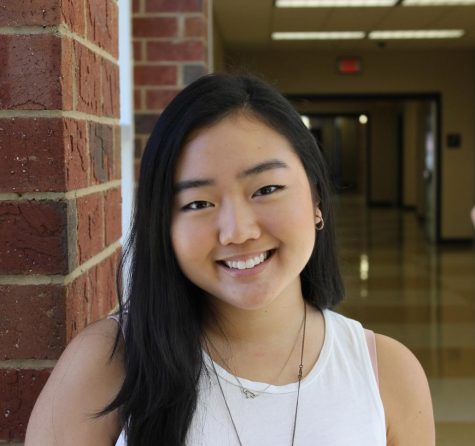
Cherise Kim is a senior and a fourth-year reporter. She serves as President for Model UN, Young Democrats and National Social Studies Honors...
